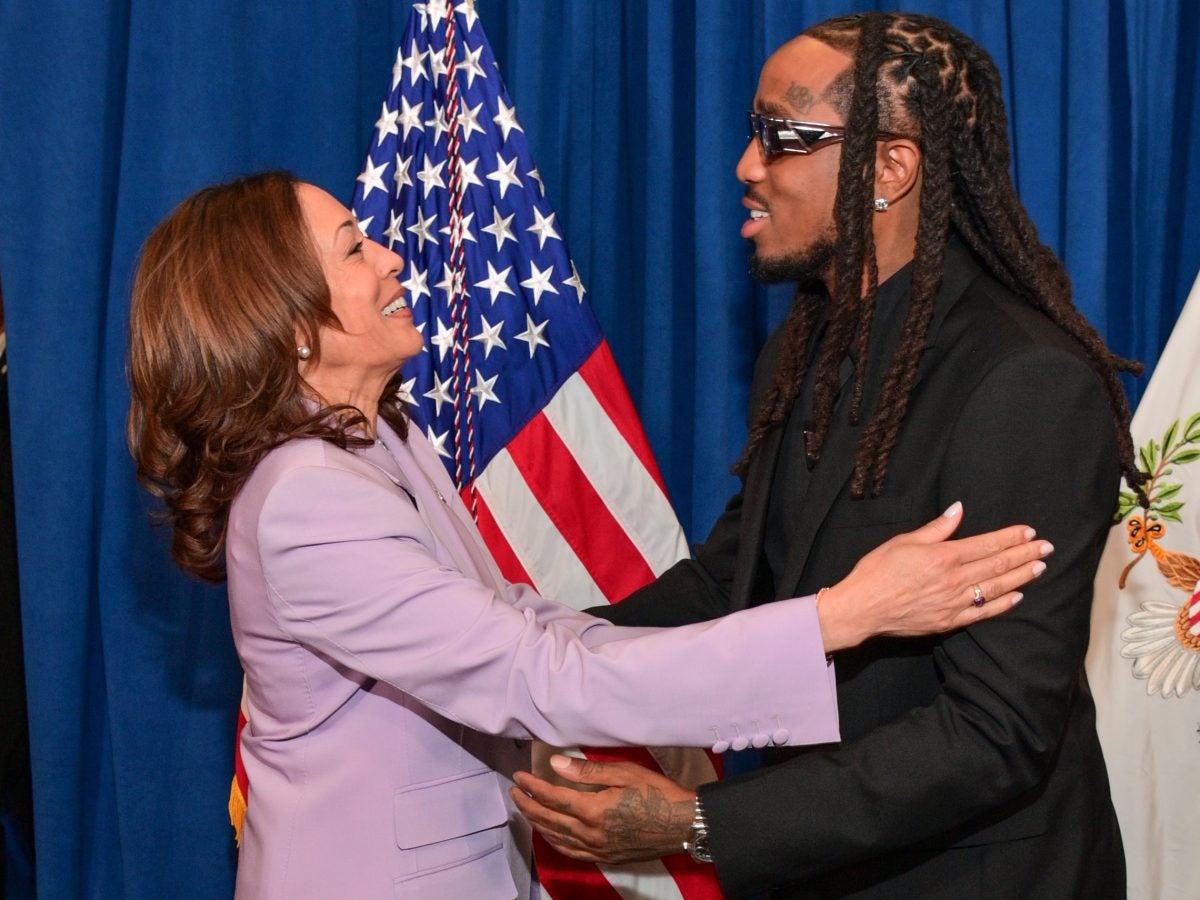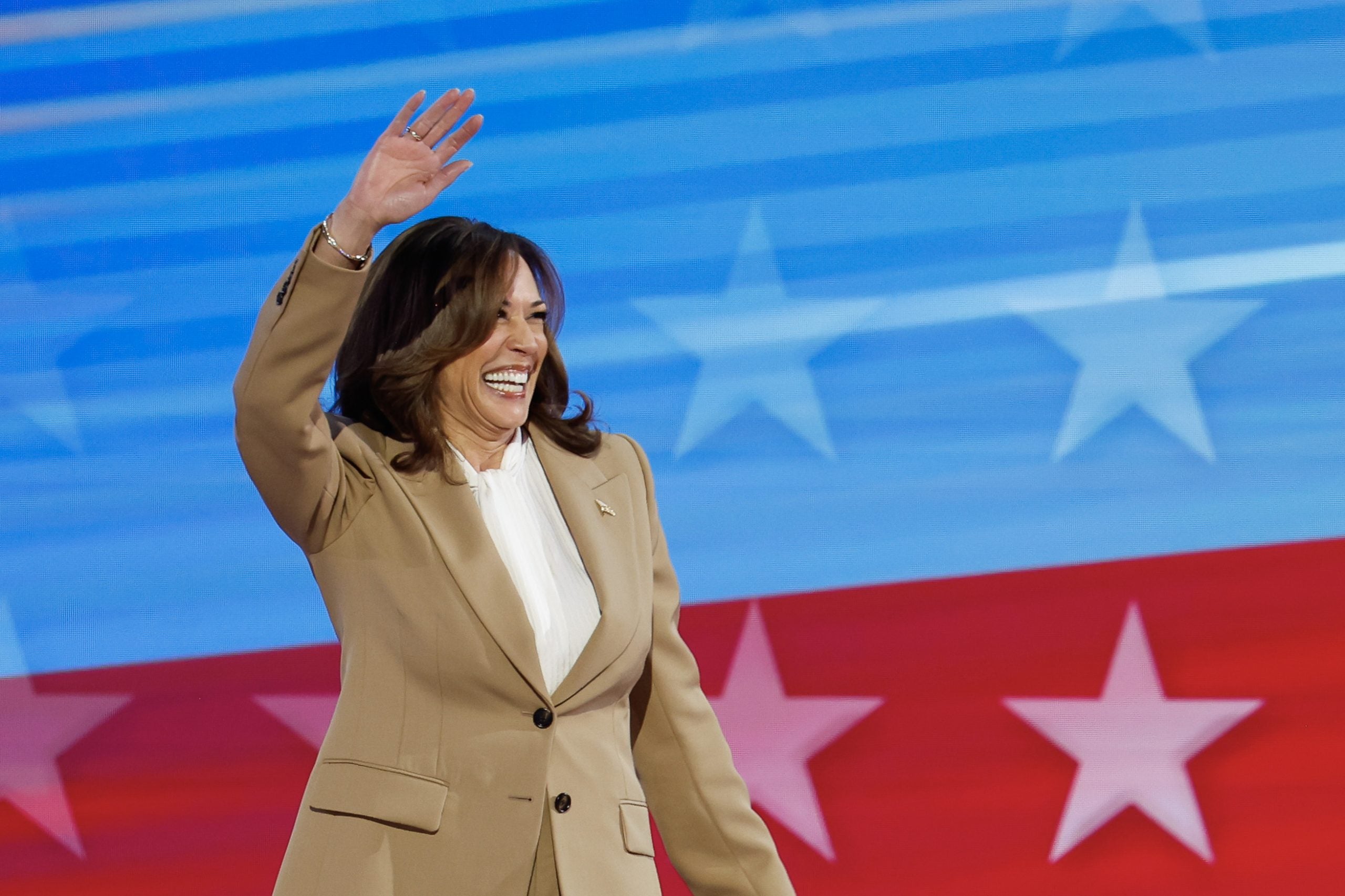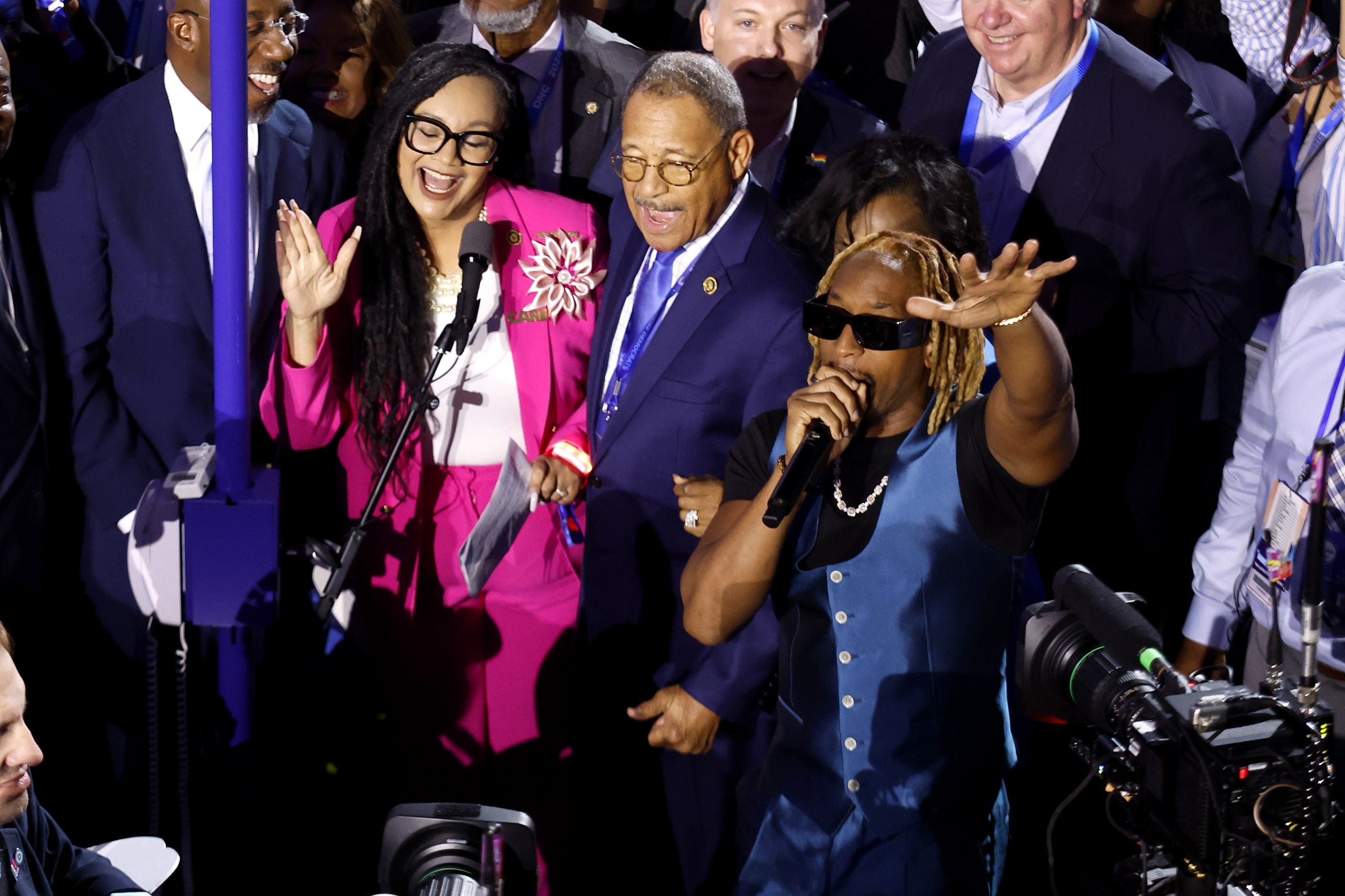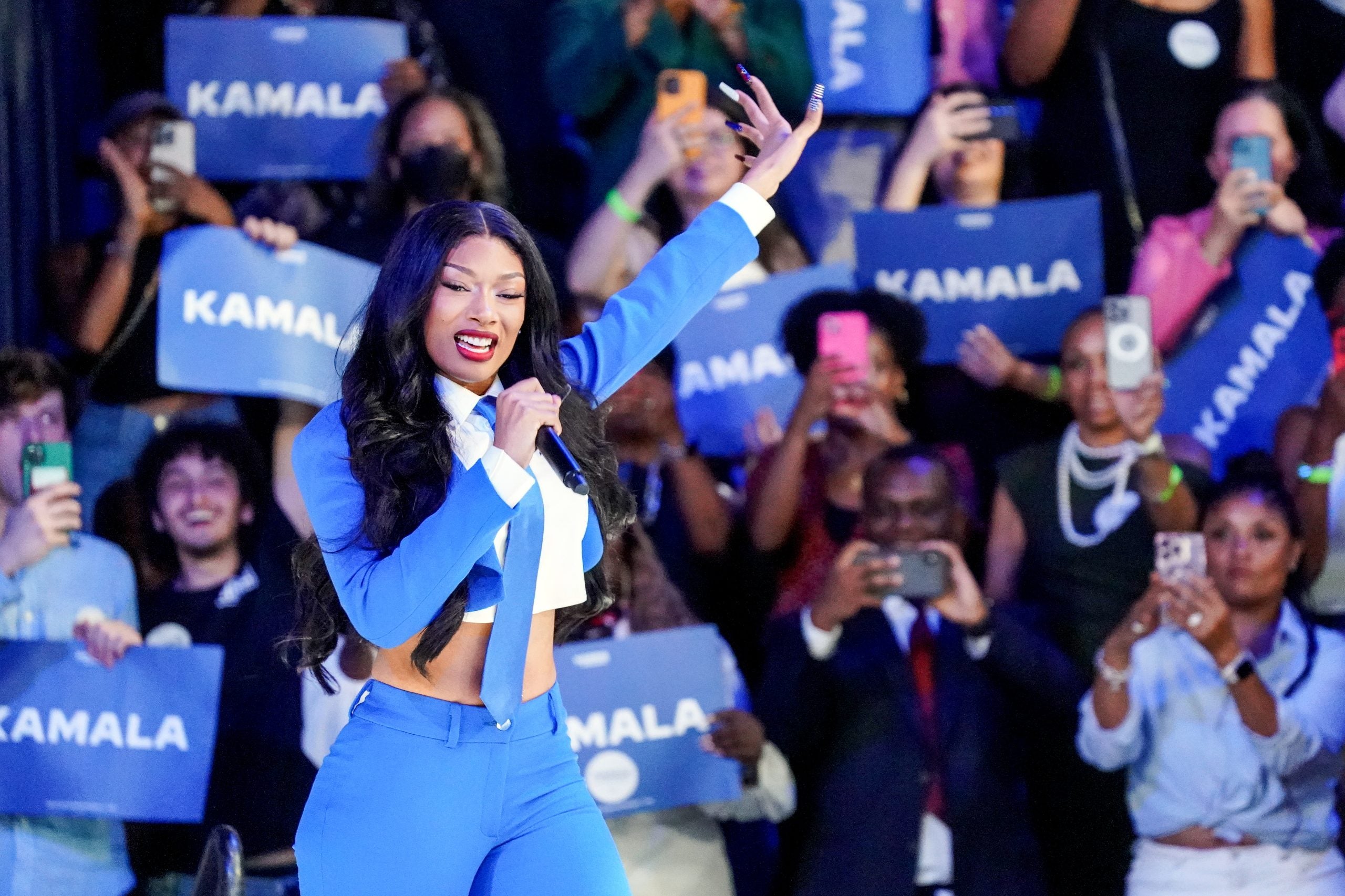
Unless you’ve been living under a rock for the last half-century, it’s evident that Hip-Hop culture is internationally influential. A genre conceived in the boroughs of New York and birthed to a blended family of disenfranchised people from across the diaspora has grown into a sound that encapsulates the world and has become its own way of life.
Its reach spans far beyond music. Industries such as fashion, popular trends, technology, and even politics have been transformed by the freedom and innovation of Hip-Hop. Around 30 years ago, most political bigwigs were demonizing Hip-Hop and its artists. As time marched on, more politicians accepted that the genre is ingrained into American life and that there’s nothing they can do about it. Instead of trying to chop down these black voices, they began turning to them to help raise awareness and inspire voters to take part in the political process. Unfortunately, many of these candidates have no genuine love for the Hip-Hop community. They recognize the opportunity to use it as a tool and nothing more.
Thankfully, Vice President Kamala Harris isn’t one of those who is not like us.

Many will have you believe that the 47th Presidential candidate’s connection with Hip-Hop is just another way to garner votes, but that couldn’t be further from the truth. Kamala’s connection with Hip-Hop isn’t about votes, it’s about her roots––ones that she shares with millions of Americans.
For years, Harris has shown the world that her connection with Hip-Hop and the Black community is about who she is, and who she’s always been. How can a Black woman, raised by immigrant parents in a middle-class American home, bused to white schools in the 70s, who attended an HBCU in the 80s and became an AKA Soror be anything but genuine when expressing her respect for Hip-Hop culture?
Megan Thee Stallion opening for her Atlanta rally in July, working with Quavo to combat gun violence, Lil Jon making a surprise appearance on night two of the Democratic National Convention, and a host of Black entertainers having her back even before President Biden endorsed her for the 2024 Presidency. Kamala’s admiration for the craft has been apparent for years. Kamala has married two of her passions, Hip-Hop and politics, to help stimulate a country filled with forward-thinking voters.

Her passion for the genre is one of the many aspects of her character that makes her and a host of other political figures, including our beloved 44th President Barack Obama, relatable. How humbling is it to know that some of America’s most powerful people share enthusiasm for a culture that helped shape our society?







Harris and her team understand the value of Hip-Hop culture to the ever-changing structure of America. Aside from Hip-Hop, Americans can see a piece of themselves in Kamala Harris for several reasons. One of the ways I see myself in Kamala is that she’s no stranger to having her Blackness questioned. Our stories are different, but we each know what it feels like for someone to doubt who we are when we know who we are. Being told that you aren’t Black enough or that you’re not being the type of Black that others think you should be. Just because I’m not the Black person you want me to be, doesn’t make me any less Black than you. There is no certain way to be a Black person, no particular rules to live by just fit the mold. We were all created to exist on a beautiful spectrum of shades, intellects, gifts, talents, and interests, and the list rolls on like pi.

The Harris campaign isn’t trying to capitalize off Black culture. They are using what their candidate and heaps of Americans relate to as a means of raising awareness. Hip-Hop mixed with politics has always spoken to those who may not resonate with the traditional political scene.
When Hip-Hop is woven with politics, those who may not typically have an interest will take a second look because the information is presented appealingly by individuals they relate and look up to. Hip-Hop will continue to be a key to pop culture and will forever be a cornerstone of Black culture.




